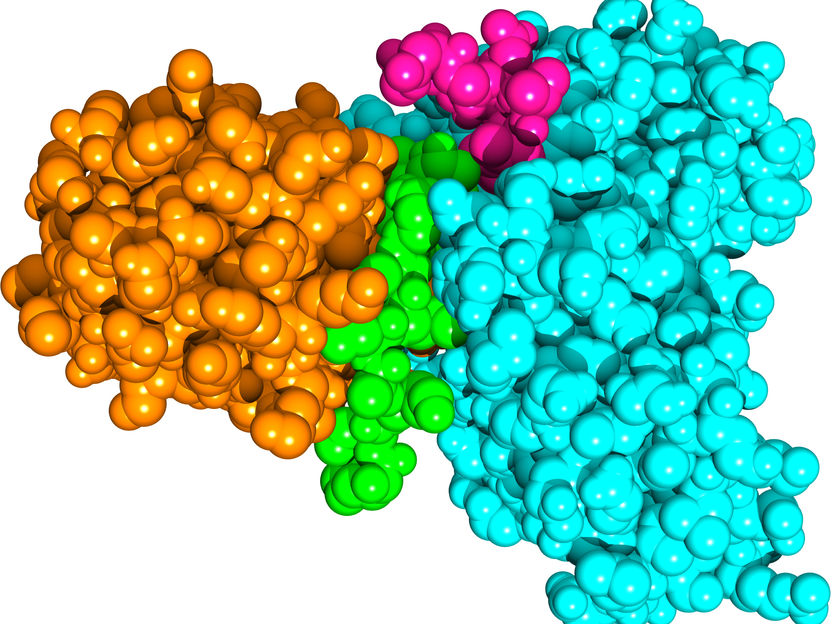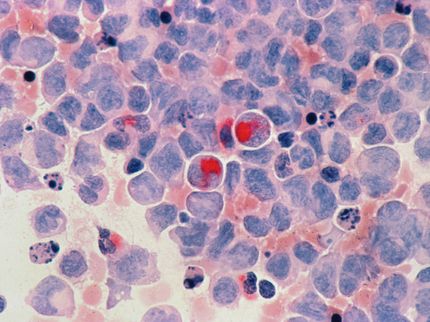Newly discovered weakness in cancer cells
A new weakness has been discovered in cancer cells that may make them more susceptible to chemotherapy and other treatments. In a research report scientists identify the HDAC5 protein as being essential for the maintenance of structures, called telomeres, within cancer cells that promote cancer cells longevity. Cancer cells with longer telomeres tend to be more resistant to therapies, while cancer cells with shorter telomeres tend to be more susceptible. By targeting the mechanism used by cancer cells to maintain telomeres, HDAC5, existing therapies could become far more effective at eradicating cancer than they are today.
"Our study can contribute to the development of new combined anti-cancer therapies," said Denis Mottet, Ph.D., a researcher involved in the work from the University of Liege Sart-Tilman, Groupe Interdisciplinaire de Génoprotéomique Appliquée (GIGA)-Cancer, Metastasis Research Laboratory, in Liege, Belgium. "By maintaining a reduced telomere length via HDAC5 inhibition, cancer cells are more sensitive to chemotherapeutic drugs."
To make this discovery, Mottet and colleagues analyzed several cancer cell lines with different backgrounds regarding their telomere biology (different telomere lengths and different molecular mechanisms to maintain telomere length) and found that HDAC5 co-localized with telomeres only in cancer cells with very long telomere lengths. Researchers then depleted this HDAC5 protein in cancer cells with varied telomere lengths and observed a phenotype (shortening of telomeres) exclusively in cancer cells that originally had longer telomeres. Cells with shorter telomeres did not seem to be affected by the absence of the HDAC5 protein. They also found that some cancer cells with very long telomeres were resistant to death induced by common chemotherapy drugs, but the reduction of HDAC5 protein levels in these cells and the subsequent telomere shortening sensitized the cells to these agents, leading to massive cell death. Telomere shortening also is directly linked to cell aging, the development of premature aging syndromes, and advanced aging diseases, this research could eventually have widespread clinical impact.
"The 'cure for cancer' may not come from a single discovery, but will surely arrive step-by-step. This study defines one of those steps." said Gerald Weissmann, M.D., Editor-in-Chief of The FASEB Journal. "What these scientists have done is to accelerate the aging of cancer cells, so as to weaken them enough to be killed by anti-cancer drugs. This type of discovery was unfathomable when Nixon first declared war on the disease in 1971."
Original publication
Original publication
Clara Lopes Novo, Catherine Polese, et al., A new role for histone deacetylase 5 in the maintenance of long telomeres. FASEB J, September 2013,
Organizations
Other news from the department science

Get the life science industry in your inbox
By submitting this form you agree that LUMITOS AG will send you the newsletter(s) selected above by email. Your data will not be passed on to third parties. Your data will be stored and processed in accordance with our data protection regulations. LUMITOS may contact you by email for the purpose of advertising or market and opinion surveys. You can revoke your consent at any time without giving reasons to LUMITOS AG, Ernst-Augustin-Str. 2, 12489 Berlin, Germany or by e-mail at revoke@lumitos.com with effect for the future. In addition, each email contains a link to unsubscribe from the corresponding newsletter.
Most read news
More news from our other portals
Last viewed contents
Emergent BioSolutions Announces Appointment of Ronald Richard to the Board of Directors
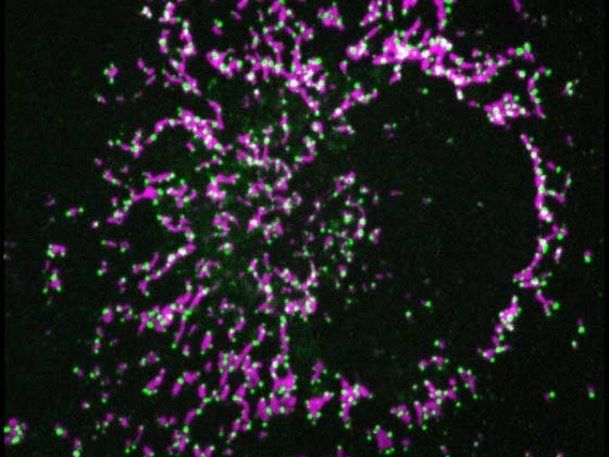
Deadly combination: new direct trigger for cell death discovered - Understanding the basic mechanisms that lead to cell death is essential for the development of therapies for cancer and other diseases

Bayer: Supervisory Board extends CEO Werner Baumann’s - Contract until the end of April 2024
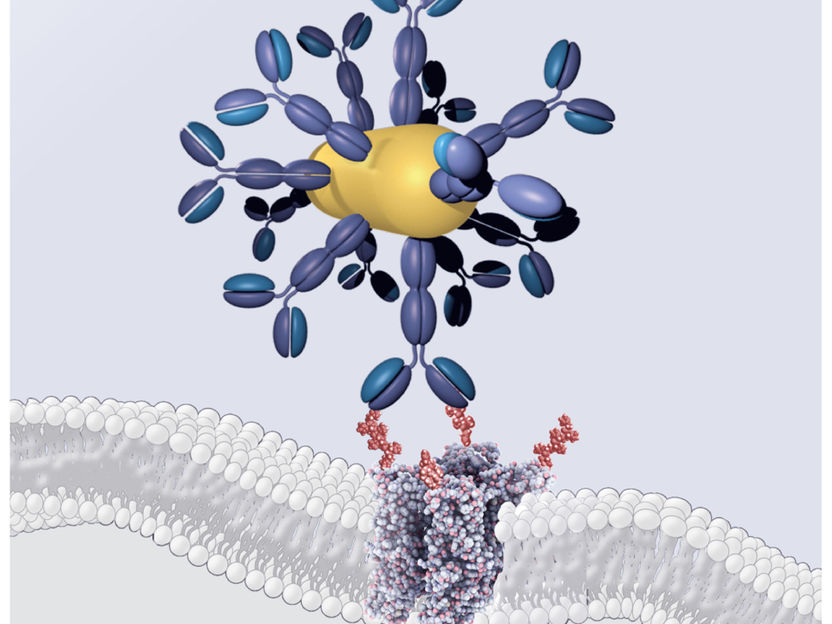
Restoring vision by gene therapy - Latest scientific findings give hope for people with incurable retinal degeneration
Pantec Biosolutions receives ISO 13485 certification
Stora Enso awarded as Finland’s most startup-friendly company
Genetic screening before embryo transfer fails to improve the chance of a baby
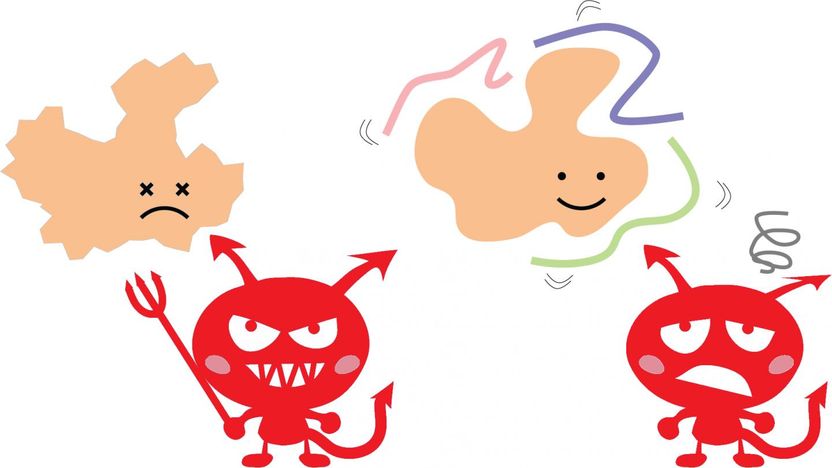
Hero proteins are here to save other proteins - New group of proteins prevent dangerous clumps associated with neurodegenerative diseases
Applied DNA Sciences collaborates with Advanced Coding Systems to produce DNA-embedded microwires
